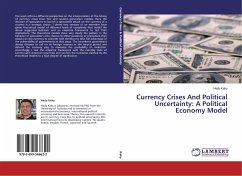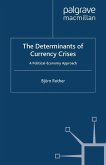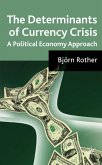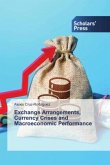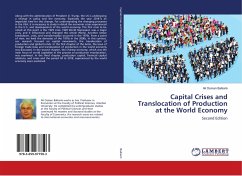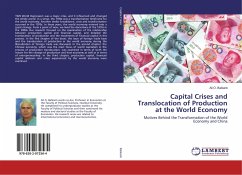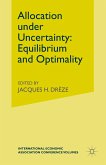The work offers a different perspective on the interpretation of the timing of currency crises than first and second generation models. Here the decision of speculators to launch a speculative attack on the currency of a country is a strategic choice. I derive two versions of an extensive form game theoretical model of different levels of complexity that model the above suggested behavior and an empirical framework to test their implications. The theoretical models show very clearly the pattern in the behavior of speculators who choose to either postpone or precipitate their attacks on the currency to coincide with elections to take full advantage of the vulnerability of governments at that stage. The incumbent government always chooses to call on its foreign reserves in the second period and defend the currency peg to maximize the probability of reelection. Accordingly, I test the empirical framework with the monthly data of twenty Latin American Countries and confirm the outcomes claimed by the theoretical models to a high degree of significance.
Bitte wählen Sie Ihr Anliegen aus.
Rechnungen
Retourenschein anfordern
Bestellstatus
Storno

